Angie's List and NextDoor's Favorite: 2017 -2024
Are Flushable Wipes Really Safe to Flush?
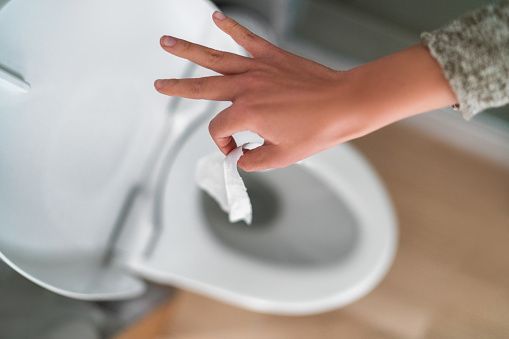
If you use flushable wipes, you may wonder if they are really safe to flush down the toilet. After all, they are marketed as flushable and septic safe, and they seem to disappear after you flush them. However, you may be surprised to learn that flushable wipes are not as harmless as they appear. In fact, they can cause serious problems for your plumbing system and the environment.
What Are Flushable Wipes?
Flushable wipes are moistened towelettes that are designed to be used for personal hygiene, such as wiping after using the toilet. They are made of paper pulp mixed with synthetic fibers that are supposed to make them more durable and resistant to tearing. They also contain chemicals that keep them moist and prevent bacterial growth.
Flushable wipes are different from regular wipes, such as baby wipes or cleaning wipes, which are not meant to be flushed. Regular wipes are usually thicker and stronger than flushable wipes, and they may contain ingredients that are harmful to the sewer system, such as alcohol, bleach, or fragrances.
Why Are Flushable Wipes Not Really Flushable?
Flushable wipes may seem flushable because they go down the toilet easily, but that does not mean they dissolve or disintegrate in water. Unlike toilet paper, which breaks down quickly in water, flushable wipes retain their shape and strength for a long time. This means they can get stuck in your pipes, form clumps with other wipes or debris, and create clogs that block the flow of water.
Flushable wipes can also cause problems for the municipal sewer system and the wastewater treatment plants. They can accumulate in the sewer lines and pumps, causing backups and overflows that can damage the infrastructure and release untreated sewage into the environment. They can also interfere with the biological processes that treat the wastewater, reducing its quality and increasing its cost.
According to a study by Ryerson University in Canada, none of the 23 products labeled as flushable wipes passed the tests for flushability. The study found that none of the wipes dispersed or fell apart in water within a reasonable time frame. The study also found that some of the wipes contained synthetic polymers that do not degrade easily and can contribute to microplastic pollution.
What Are the Consequences of Flushing Flushable Wipes?
Flushing flushable wipes can have negative consequences for your plumbing system, your wallet, and the environment. Here are some of the potential impacts of flushing flushable wipes:
- Plumbing issues: Flushing flushable wipes can cause clogs in your pipes, toilets, or septic tanks. This can lead to backups, overflows, leaks, or bursts that can damage your property and require costly repairs. You may also need to call a plumber to clear the clogs or pump out your septic tank more often.
- Environmental harm: Flushing flushable wipes can pollute the waterways and harm the wildlife. When flushable wipes cause sewer overflows, they can release untreated sewage into the rivers, lakes, or oceans. This can contaminate the water quality and pose health risks for humans and animals. Flushable wipes can also end up in landfills or incinerators, where they can generate greenhouse gases or toxic emissions.
- Legal liability: Flushing flushable wipes can expose you to legal liability if you cause damage to the sewer system or violate any local ordinances or regulations. Some municipalities have banned or restricted the use of flushable wipes and imposed fines or penalties for flushing them. Some wastewater authorities have also sued flushable wipe manufacturers for false advertising and misleading consumers.
How to Dispose of Flushable Wipes Properly?
The best way to dispose of flushable wipes is to throw them in the trash bin. This will prevent them from clogging your pipes or harming the sewer system. You can also use a lined trash bin in your bathroom for easy and safe disposal.
If you want to reduce your environmental impact, you can also consider using alternatives to flushable wipes, such as:
- Toilet paper: Toilet paper is designed to be flushed safely and does not cause clogs or pollution. You can choose toilet paper that is made of recycled or sustainable materials and does not contain harmful chemicals or additives.
- Bidet: A bidet is a device that sprays water to clean your genitals or anus after using the toilet. It can reduce your need for toilet paper or wipes and save water and money. You can install a bidet attachment on your existing toilet or buy a separate bidet unit.
- Reusable cloth: Reusable cloth is a washable fabric that you can use to wipe yourself after using the toilet. It can be more gentle on your skin and more eco-friendly than disposable wipes. You can make your own reusable cloth from old towels or clothes or buy them online.
Conclusion
Flushable wipes are not really safe to flush down the toilet. They can cause clogs, backups, overflows, and damage to your plumbing system and the sewer system. They can also pollute the waterways and harm the wildlife. The best way to dispose of flushable wipes is to throw them in the trash bin or use alternatives such as toilet paper, bidet, or reusable cloth. By doing so, you can protect your pipes, your wallet, and the environment.
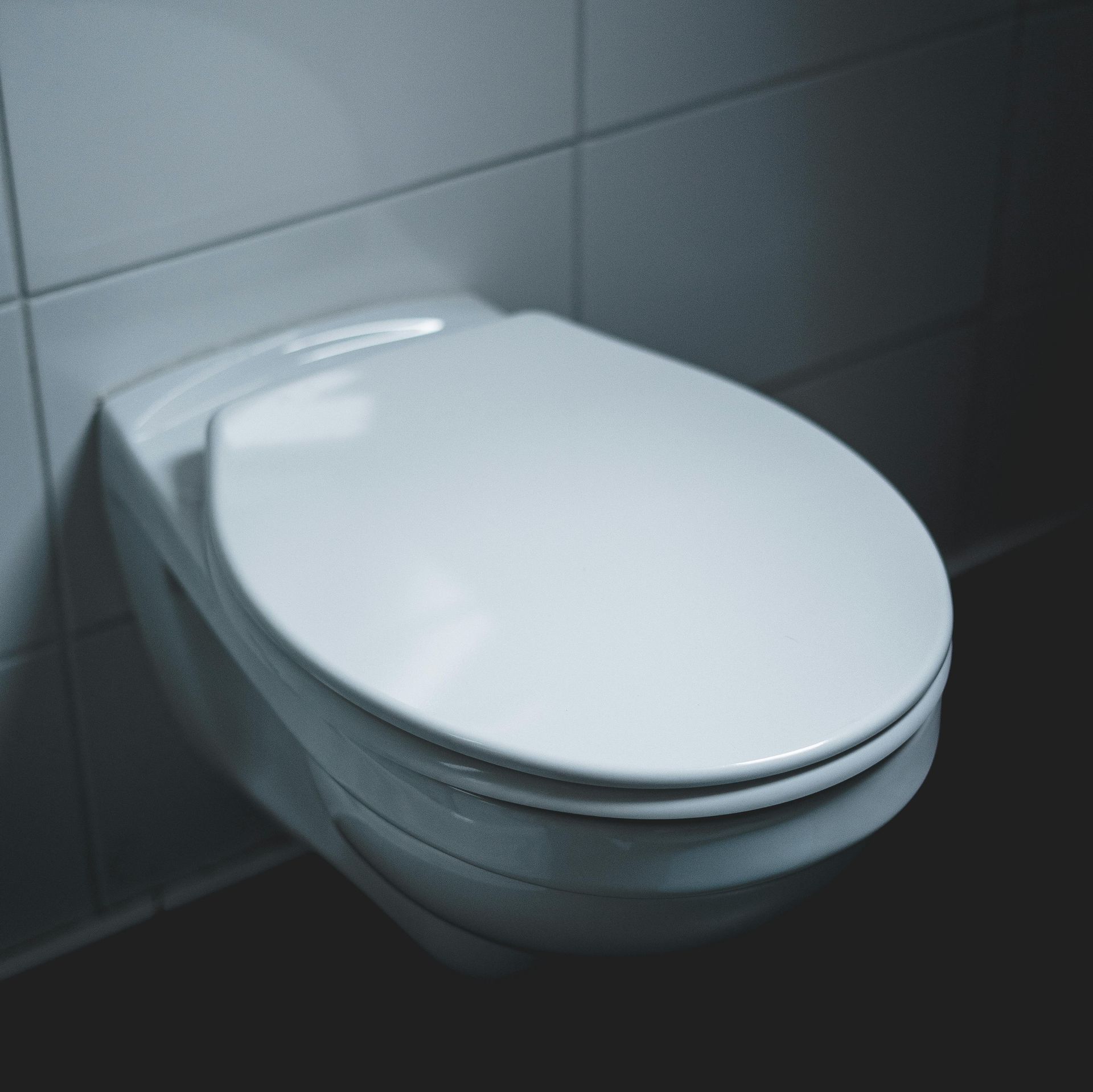
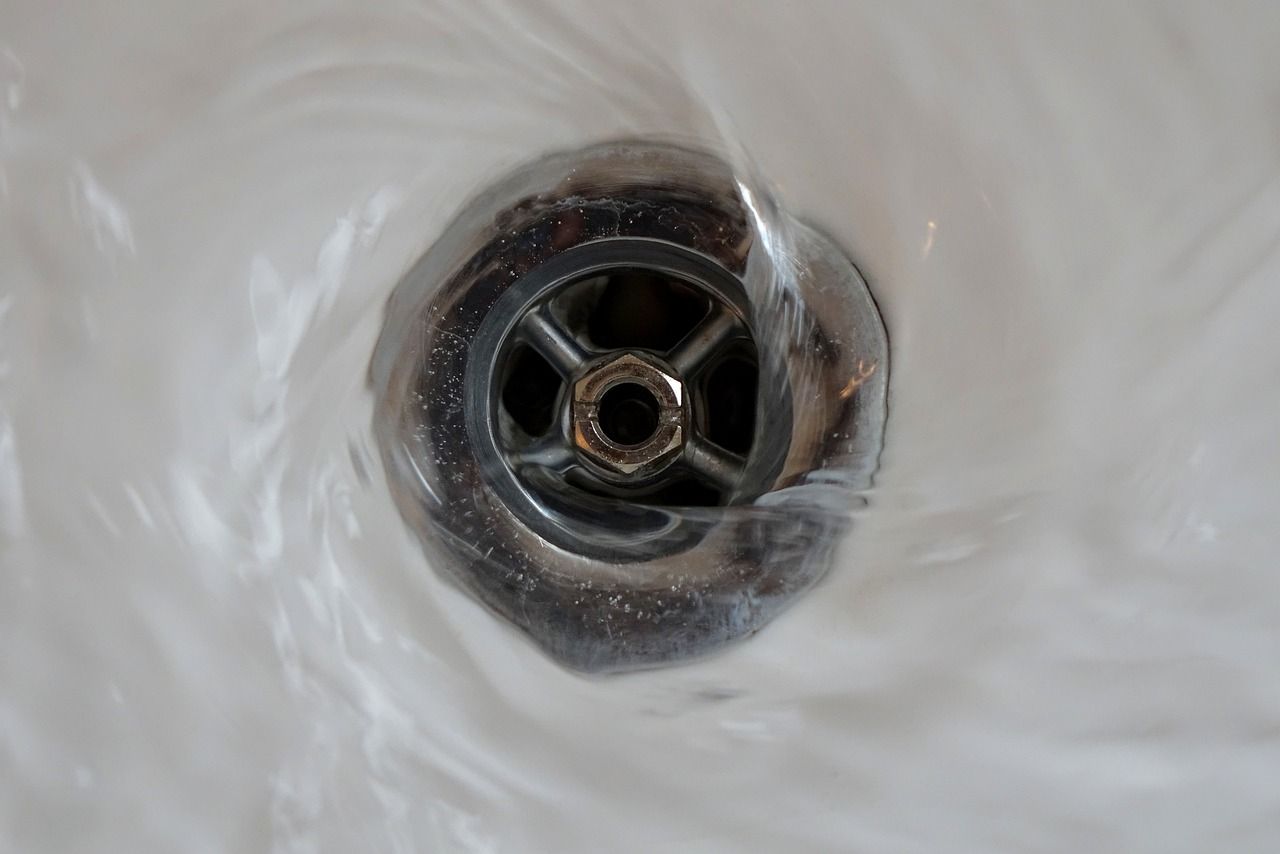
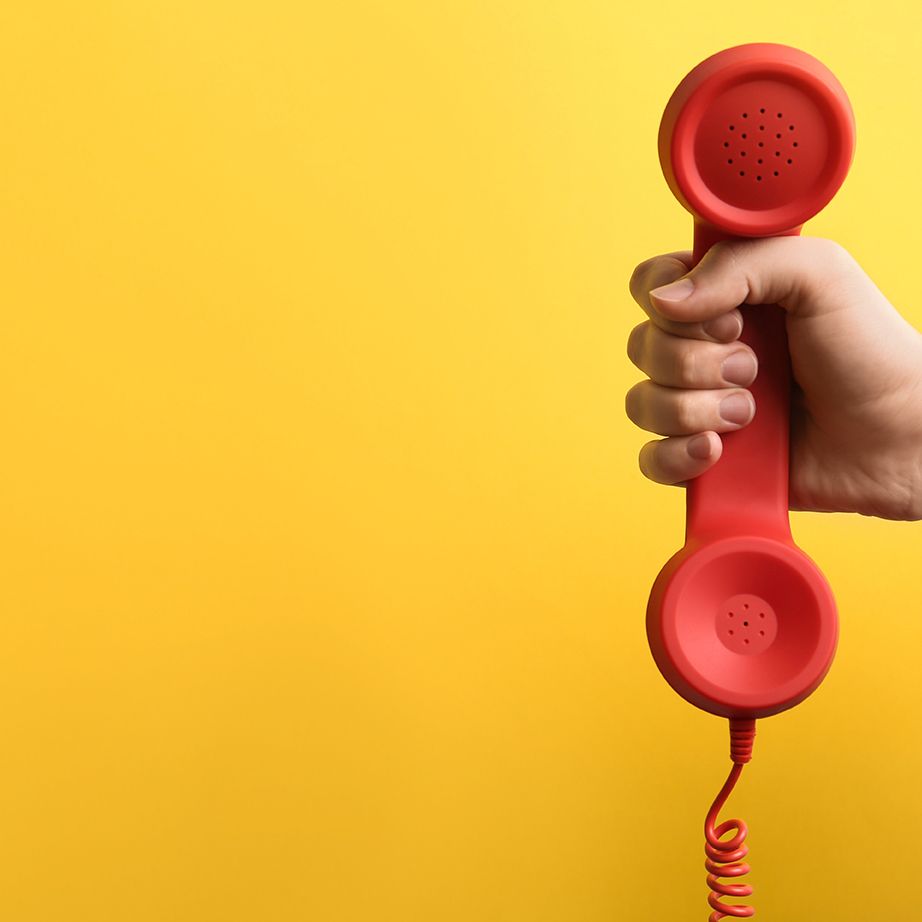
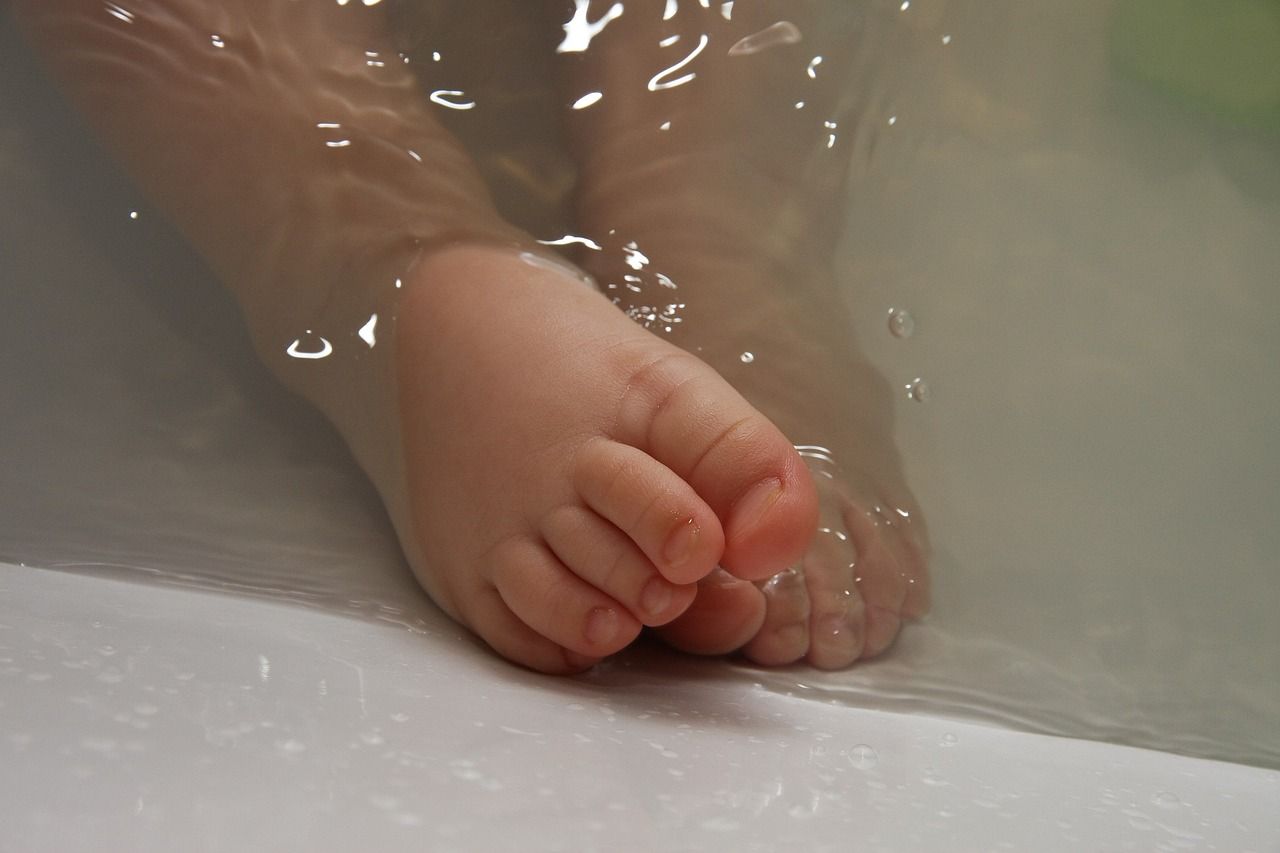

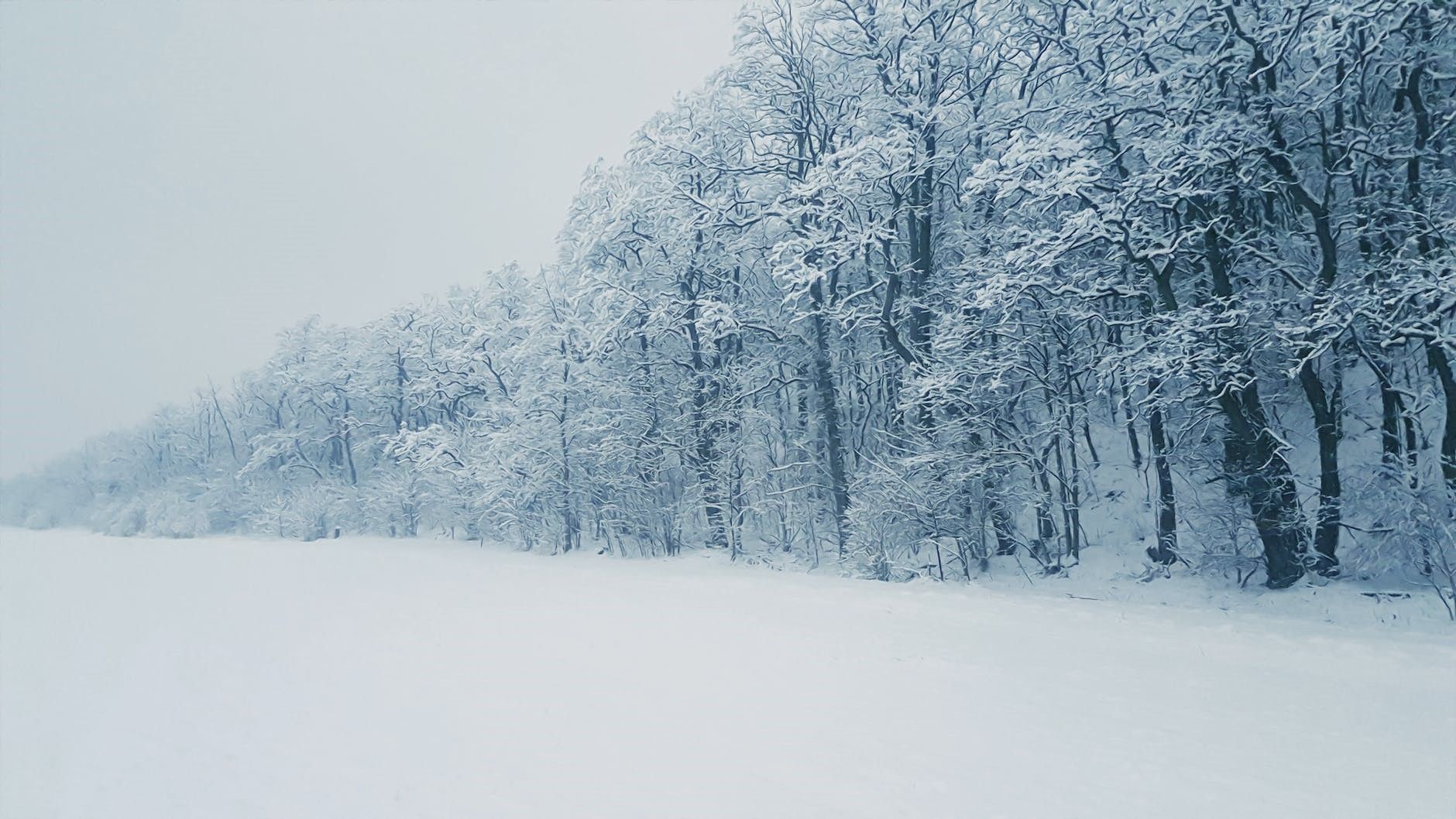
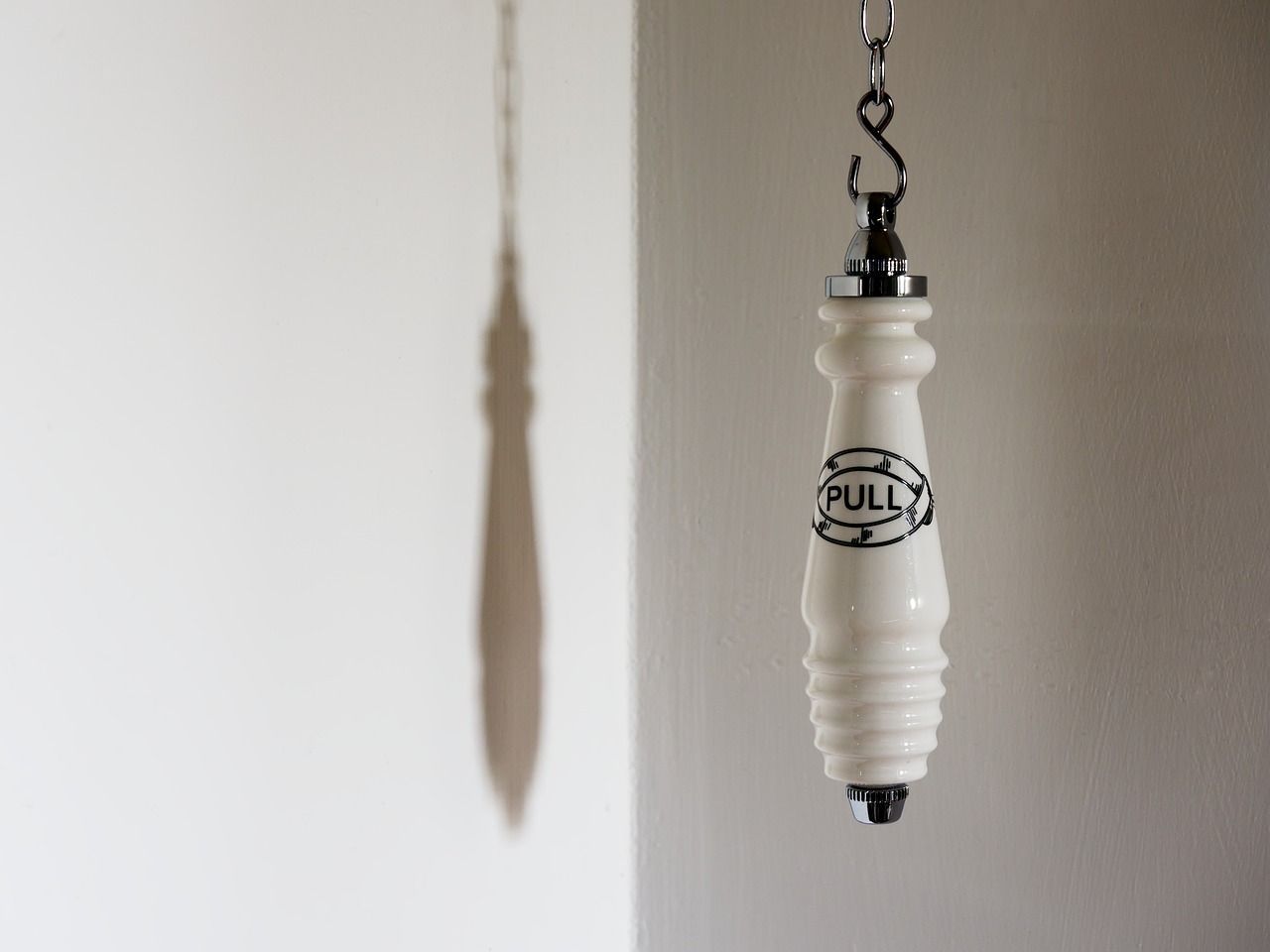
SERVING
and Surrounding Areas

HOURS
Hours:

CONTACT US
Master License # M-39624
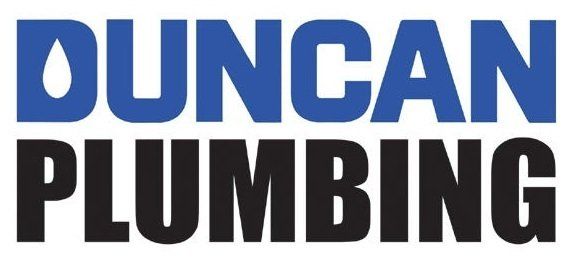
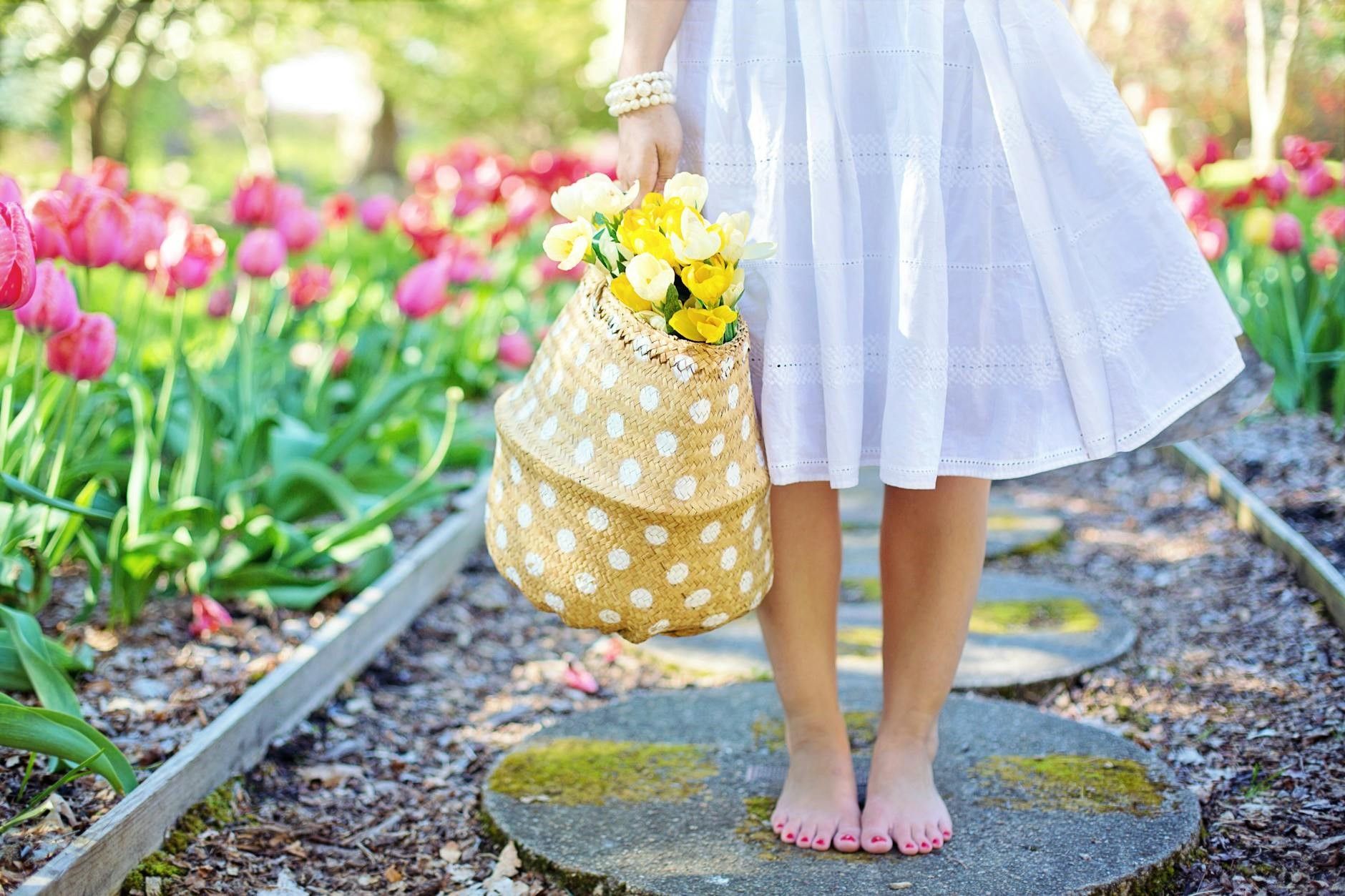
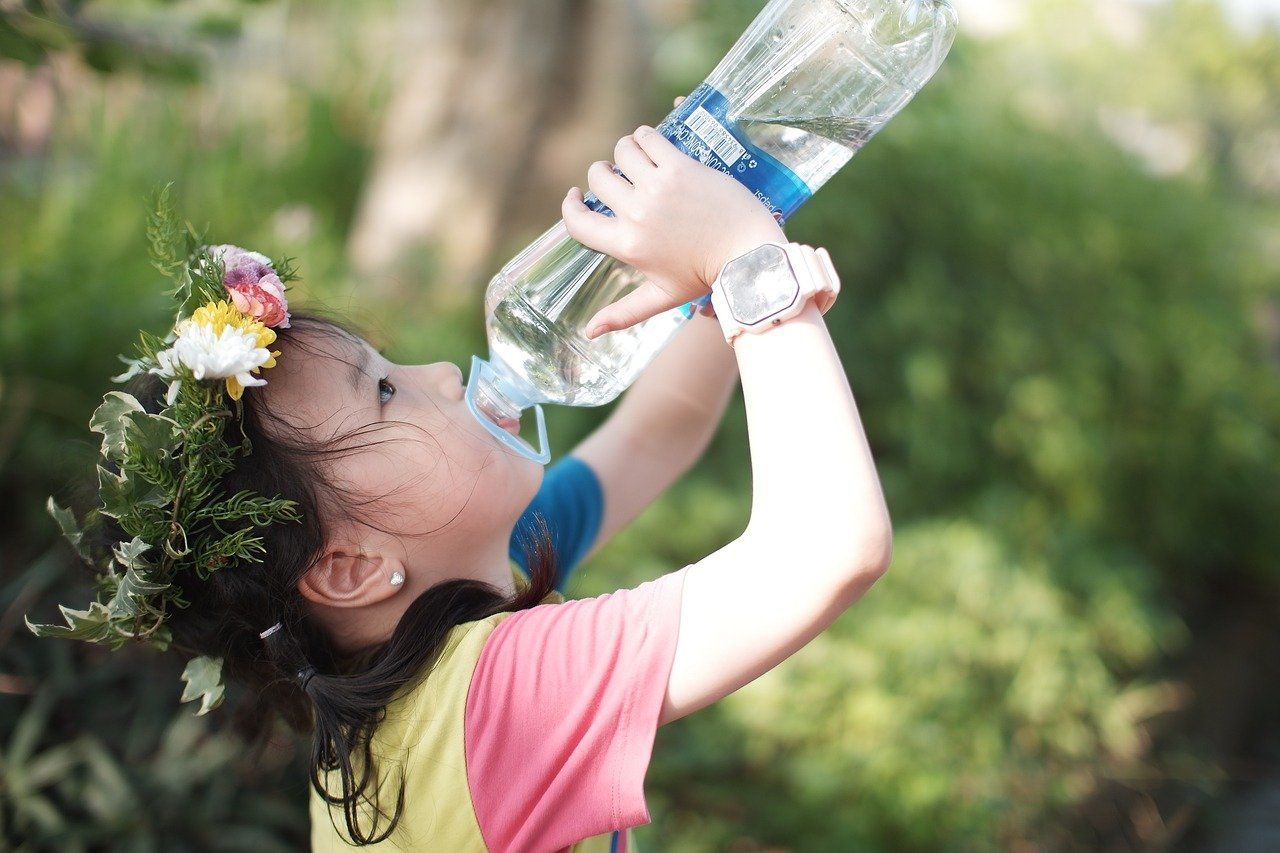
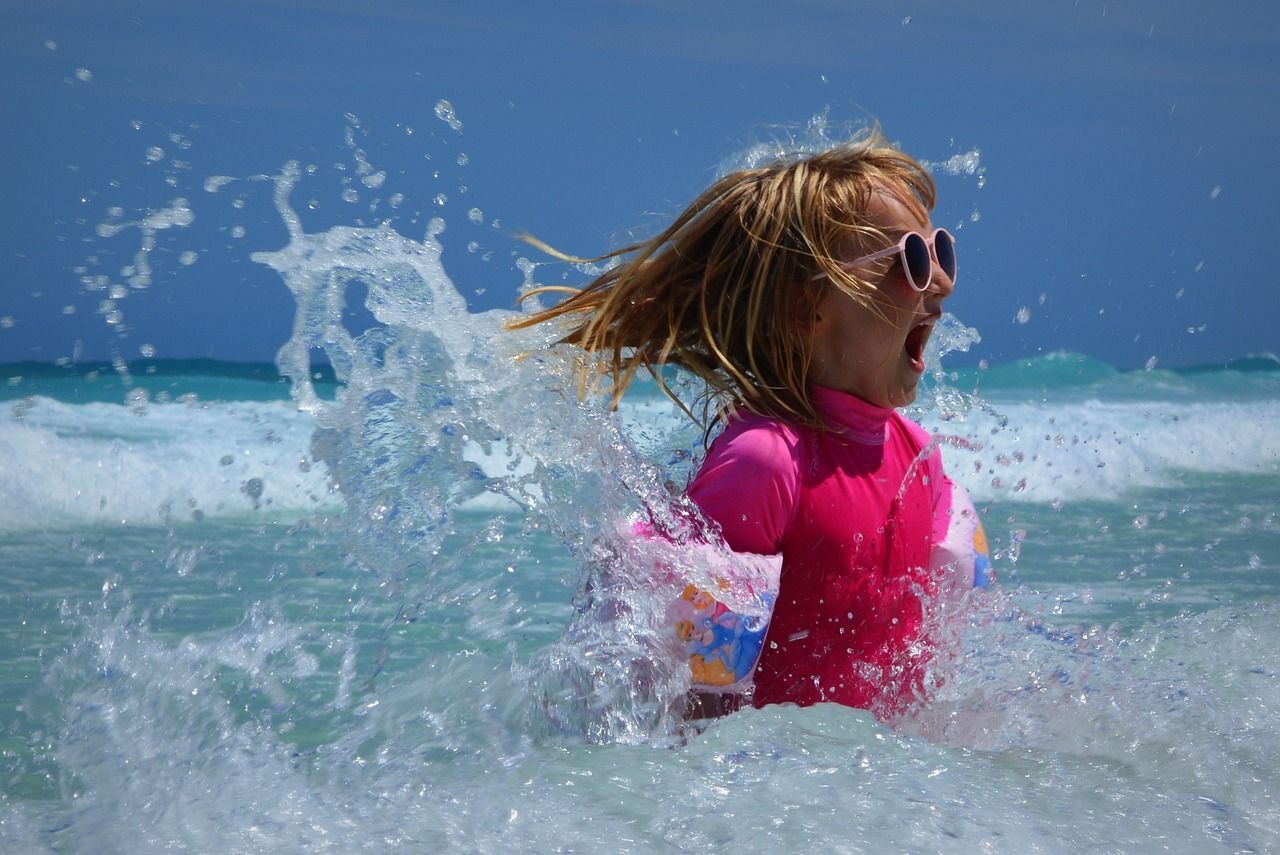


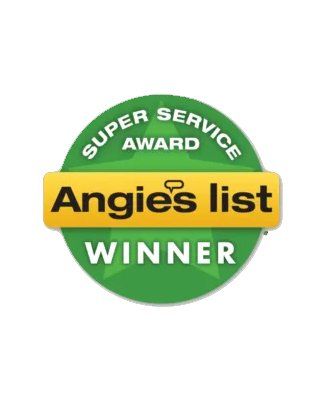
















Share On: